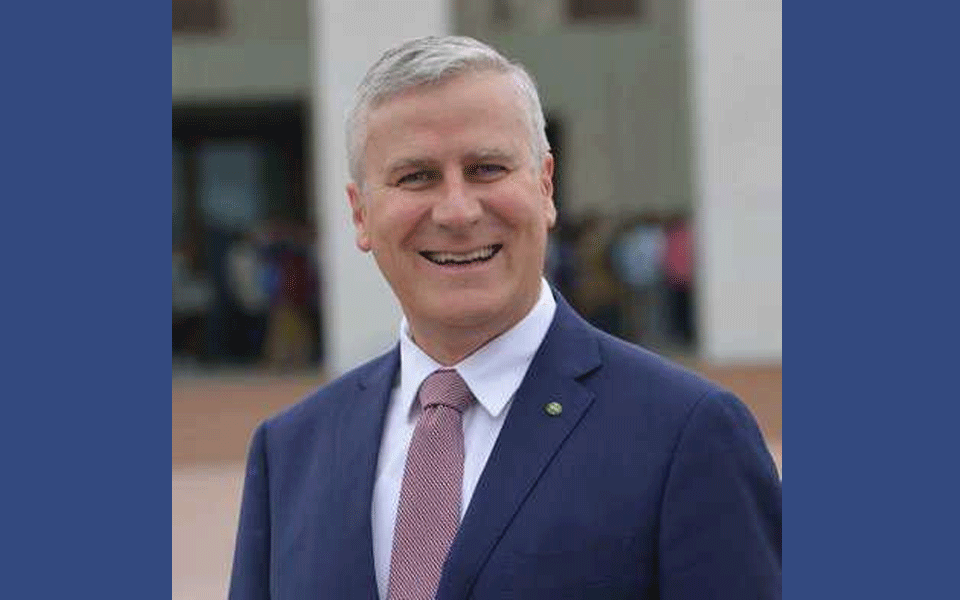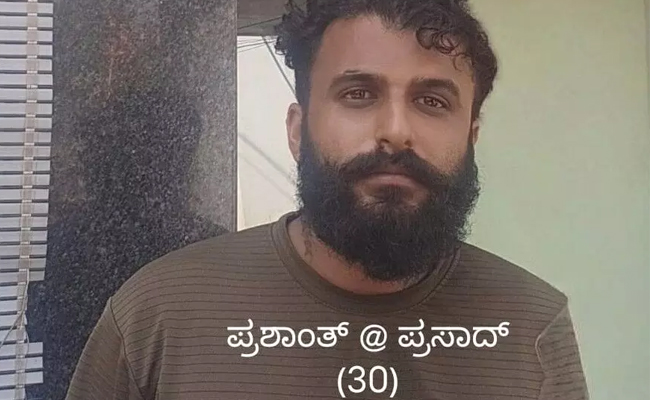Canberra: Michael McCormack, a former regional newspaper editor, was elected as Australia's new Deputy Prime Minister on Monday.
He replaces Barnaby Joyce as leader of the Nationals, the governing coalition's junior partner.
Joyce stepped down on Friday following questions over his relationship with media adviser Vikki Campion, and an allegation of sexual harassment by another woman. He called the latter's complaint "spurious and defamatory".
As leader of the Nationals, McCormack automatically becomes deputy to Prime Minister Malcolm Turnbull - who heads the Liberal Party.
McCormack said Joyce had been an "outstanding leader".
"His service to our party and to our nation will never be diminished. His legacy will endure," he told the media.
McCormack had attracted criticism over a controversial editorial he wrote 25 years ago as editor of the Daily Advertiser, a small newspaper based in the town of Wagga Wagga, in which he described homosexuality as "sordid".
"Unfortunately gays are here and, if the disease their unnatural acts helped spread doesn't wipe out humanity, they're here to stay," he wrote in 1993.
McCormack has since apologised for the piece and said his views have changed.
Although long opposed to same-sex marriage, he voted in line with the majority of his constituents to support its legalisation in Australia last year.
Let the Truth be known. If you read VB and like VB, please be a VB Supporter and Help us deliver the Truth to one and all.
Udupi: Udupi City Police have arrested two persons, including a woman, in connection with the alleged misappropriation of property tax funds belonging to the Udupi Municipal Council.
The accused have been identified as Shalini, who was working as a tax consultant outside the municipal office, and Ganesh, a bank employee.
According to police, Anand Suvarna had paid Rs 34,730 towards 12 years of property tax for his building in Kalmadi to Shalini on October 16, 2025. She reportedly issued him a receipt acknowledging the payment.
However, when Suvarna recently checked the status of the payment on the property tax portal, he found that the amount had not been credited and was still shown as pending. He then brought the matter to the notice of the Municipal Commissioner, who verified that the payment had not been recorded.
During questioning, Shalini allegedly admitted to the lapse. On February 16, 2026, she generated a new challan in Suvarna’s name and paid Rs 35,213 towards the dues.
Police said a case has been registered at the Udupi City Police Station against the accused for allegedly misappropriating tax money and defrauding the government by affixing the seal of Union Bank on the challan without remitting the amount initially received from the taxpayer.
Further investigation is under way.





